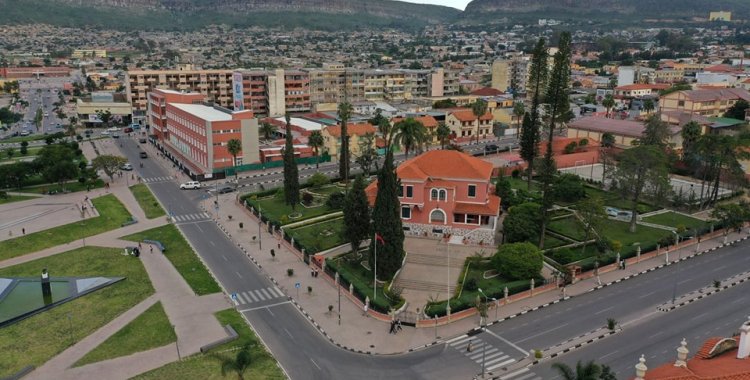The “significant increase” in revenue was highlighted in Lubango, capital of Huíla province, by the Minister of Territorial Administration and State Reform, Dionísio da Fonseca, at the ceremony that preceded the inauguration of the Feira dos Municípios e Cidade de Angola (FMCA) .
Dionísio da Fonseca stressed that the new dynamics of municipalization has been possible because the organs of the central administration of the State, namely the ministerial departments, have embraced the motto “Life is made in the Municipalities”, and, he maintained, “they have understood that the administrative and financial deconcentration is to solve the problems of the people”.
The minister considered that the numbers were encouraging, stressing that more than 3000 terms of transfer of competences from provincial governments to municipal administrations had already been carried out and, so far, ten licensing services had passed from central bodies to local bodies.
“The impact of these measures on boosting local revenue is even more impressive. According to data from the Ministry of Finance, in 2017, the declared local revenue was only 3,842,384 kwanzas, in 2022, this revenue reached 18,596,568,865.82 kwanzas, a significant increase, it is almost 500 percent”, said the Angolan official, stressing that "the potential for raising money is enormous".
President João Lourenço has been in Huíla since Wednesday, where he inaugurated the FMCA, with a trip also planned to Cunene province. In his speech, he highlighted that, with the dynamics of administrative and financial deconcentration underway, local administrations now hold competences for granting licenses for the exploration of minerals and for civil construction, licensing of fuel filling stations, companies construction, among others.
João Lourenço noted that the increase in competences also implies an increase in responsibility, underlining the need for strict compliance with the law, transparency and smoothness of the licensing process, calling for greater intervention by the supervisory authorities.
The head of state highlighted that Angola, after at a certain point in its history having needed "centralizing policies to guarantee, above all, independence and national sovereignty", the time has come to have, in a context of a democratic State of Law and in a situation of peace and national reconciliation, deconcentrated and decentralized policies.
“To continue to maintain stability and strengthen national unity, guarantee the balanced and harmonious development of the territory and transform municipalities into the epicenter of economic and social development”, he underlined.







